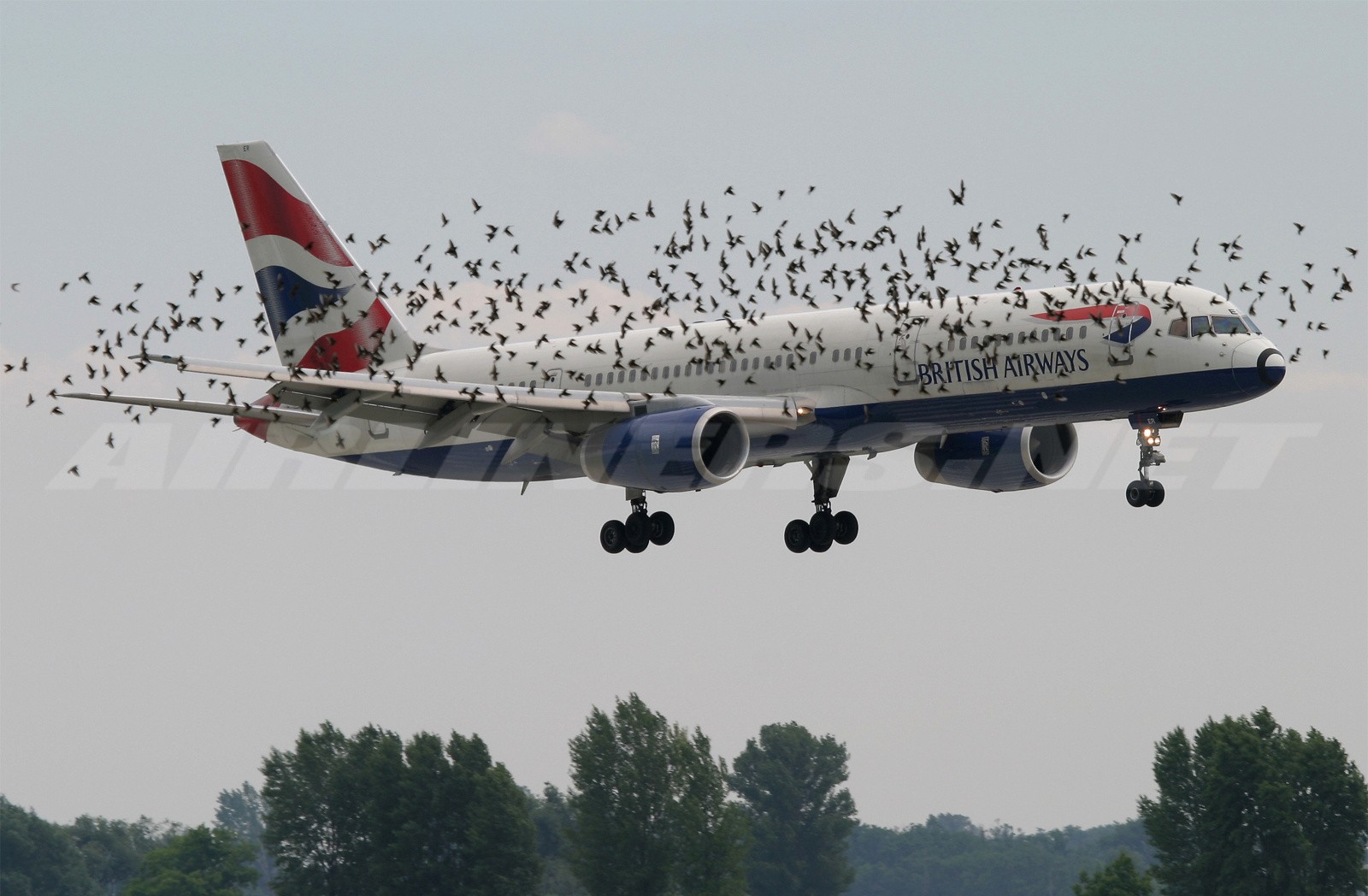(http://live.drjays.com/wp-content/uploads/2011/08/0620854-e1314346924912.jpg)
Have you ever considered how any noise you make is affecting the environment? More specifically, how does noise or pollution affect how animals live and communicate with one another? Previous studies have looked at the effect of anthropogenic (human-made) noise on birds and their communication. These studies have been conducted in urban areas where traffic may be heavy, as well as suburban areas near ecological preserves that may also be polluted by noise to a lesser extent. Research has shown that birds have been calling at either higher frequency to avoid being masked by lower frequency background or simply calling louder and thus naturally increasing their baseline frequency.
A more recent study has investigated how birds have adapted to deafening sounds that completely mask their calls. Gil et al. observed a trend at locations near airports throughout Europe showing a general advancement in dawn singing time. One hypothesis is that the birds are calling earlier in order to reduce the amount of overlap with periods of intense aircraft noise. They also noticed that this modification in morning call initiation was stronger in species whose normal singing time was relatively late. This data was collected by recording the sounds of ten major bird species before and during early morning aircraft traffic in three different zones: 1) next to the airport, 2) near the airport, and 3) control zone several miles from the airport.
Although several factors may have caused the differences in initiation of call times, they were able to rule out some. Species diversity between the three zones was not significantly different so the abundance of one type of bird did not affect the data. The amount of light that hit the regions was also not significantly different. Thus the authors felt safe to say that the noise coming from the airports was causing a significant impact on the advancements in dawn singing times.
So what does this mean for birds living near airports or heavy noise pollution? Behavioral plasticity may allow for the survival of avian populations in areas of high noise pollution. However, such deviation likely involves departing from optimal singing times, leading to higher energetic costs. If a bird has to call for 20 extra minutes everyday, they may need to compensate by increasing energy intake. Without more food, this could have adverse physiological or circadian side effects. In addition to this, there are evolutionary implications that involve the speciation of two populations that live in close proximity that exhibit different behaviors. If one population is singing and finding potential mates at an earlier time than another, this pre-mating barrier may cause the population to become genetically isolated because the two populations will no longer share mating call times.

